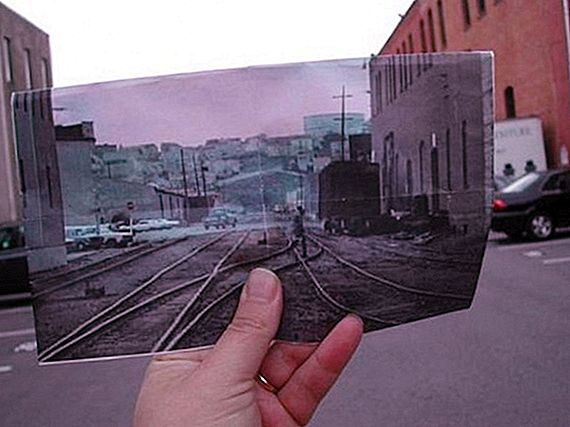Sooner or later, almost every person has the feeling that he was already here, he saw it, he said so. And some moments seem to be relived, and it is known exactly what will happen the next minute.

What is deja vu effect?
A person recalls people he does not know, recognizes the atmosphere of rooms where he has never been - this is the so-called deja vu effect.
Psychologists describe deja vu as a phenomenon in which a person feels that he has already been in this situation. Some may even tell you what happens next. In this case, usually deja vu is accompanied by a feeling of unreality of what is happening. And the person himself, who has fallen into the deja vu space, has the confidence that he can predict the future.
Learning deja vu
More than 120 years have passed since the time when the effect of deja vu was seriously interested. The first turned to his scientific examination by the French psychologist Emile Bouarac.
Sigmund Freud called deja vu state supernatural and miraculous, but attributed it to the existence of unconscious desires and fantasies in every person. But Freud's student, Carl Gustav Jung, did not support his teacher. At the age of 12, Karl experienced this effect and from then until the end of his life believed that he lived in two parallel worlds.
The facts speak for themselves - theories of the past are limited and poor in their explanations of this phenomenon. But modern scientists are also asking questions for which there are no clear answers. The possibility of explaining the phenomenon arises only when research is carried out, and individual facts are not taken into account. But, unfortunately, no one has yet conducted such multifaceted research.
Modern psychiatrists explain deja vu as a specific mental disorder, which manifests itself very often, it can be in the nature of hallucinations. In addition, deja vu is manifested more often in people suffering from diseases of the brain than in healthy people. Therefore, doctors call this effect a memory disorder.
Parapsychologists explain this phenomenon by reincarnation, that is, the transfer of a person’s soul after his death to the body of another. But science does not recognize this explanation, since it is more a matter of faith, rather than facts and evidence.
Whatever versions are put forward regarding the explanation of the deja vu effect, one thing can be said with accuracy. This phenomenon is a certain kind of memory impairment associated with biochemical changes in the human brain. It can be a one-time, absolutely not interfering with the person who visited, and can constantly haunt him and even negatively affect everyday activities. After all, almost everything that a person can not explain scares him.
Related article
Varieties of deja vu effect
